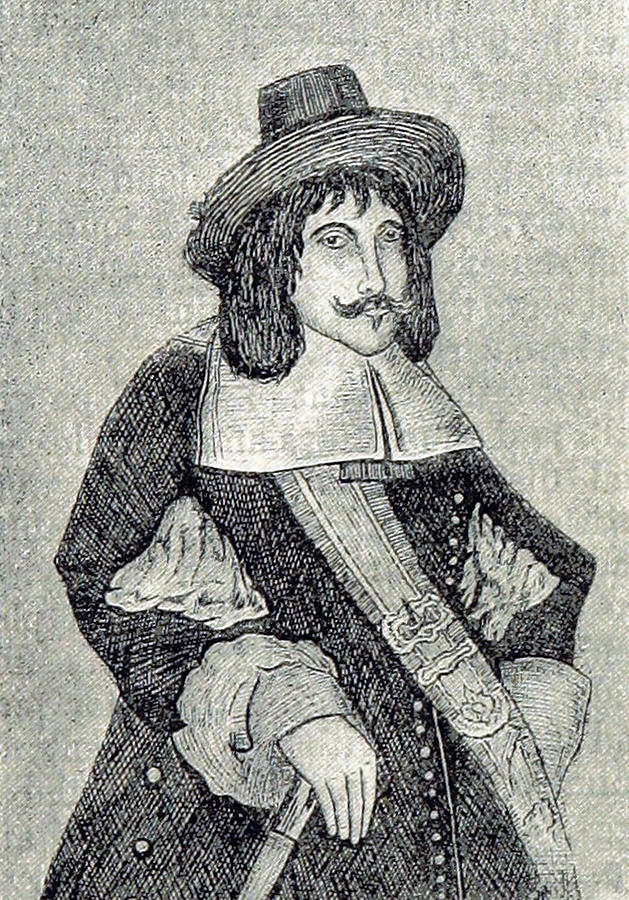
Sixty-three dead African penguins … had multiple bee stings, and many dead bees were found at the site, … investigations suggest that the penguins died because of being stung by a swarm of Cape honey bees. —NYT
We didn’t mean to kill penguins,
we thought they were small people.
We got on well with the clickers,
who called this place IIHui !gaeb,
or so they say,
they let us alone; but then the Others
came.
Van Riebeeck’s varkens destroyed our nests,
his cooks dished penguin up instead of pork.
Most of the clickers died of measles and smallpox.
Then came the red-necked English, who brought pipes
and ran them out to sea, the dear sweet rocky
sea in which we live, and through those pipes,
sempiternally, they flushed their s***.
The pipes are much bigger now:
Dutch s***, English s***, white s***, black s***,
Constantia or Khayelitsha, makes no diff.
Endless s***. Have a whiff.
Then Anatole France got us mixed up with auks.[1]
After touching a penguin do
scrub your hands with Lysol
(singing “Happy Birthday to You”)
and rinse in running water.
We thought they were small people.
[1] Anatole France, L’Île des Pingouins (1908), a satire on the French nation, translated as Penguin Island. See on auks https://www.audubon.org/birds-of-america/great-auk. Larousse étymologique cites a sixteenth-century Dutch work on travels to the East Indies as the source of the Dutch penkuyn, from which the French pingoin, later pingouin, derived and adds “d’orig. obscure.” The OED dates use of the word penguin to apply to the great auk only to 1792, although giving its first appearance as 1578. So it would seem that penguins came before great auks, at least etymologically speaking. Dutch (and early English) navigators would have encountered numerous jackass (French jacasse = magpie, chatterbox; verb jacasser = to jabber, chatter) penguins at the Cape of Good Hope on their way to India and Indonesia. The (European) servants of Dutch East India Company’s first permanent settlement at the Cape (1652) complained of being given penguin to eat instead of pork. It is conceivable that the word penkuyn derived from the Khoi (Hottentot) name for these birds. The name in modern Afrikaans (spoken now mostly by partial descendants of the Khoi) is pikkewyn.
- Like
- Digg
- Tumblr
- VKontakte
- Buffer
- Love This
- Odnoklassniki
- Meneame
- Blogger
- Amazon
- Yahoo Mail
- Gmail
- AOL
- Newsvine
- HackerNews
- Evernote
- MySpace
- Mail.ru
- Viadeo
- Line
- Comments
- SMS
- Viber
- Telegram
- Subscribe
- Facebook Messenger
- Kakao
- LiveJournal
- Yammer
- Edgar
- Fintel
- Mix
- Instapaper
- Copy Link







